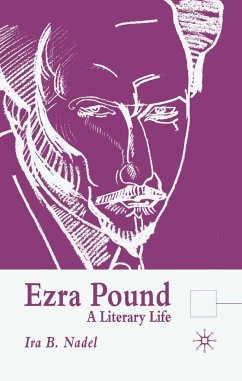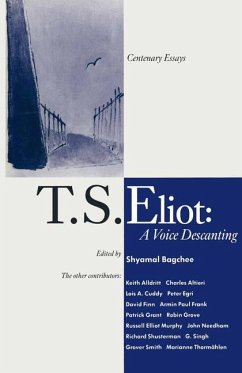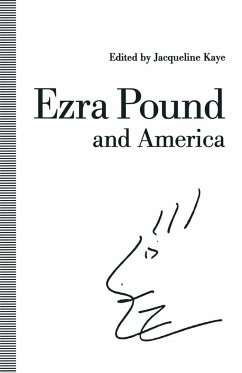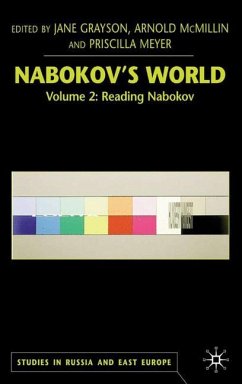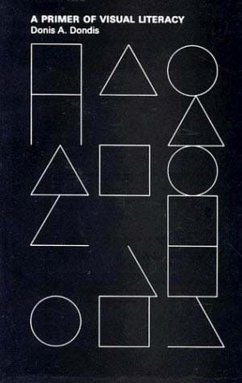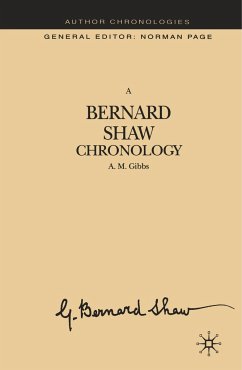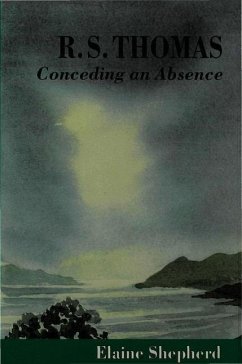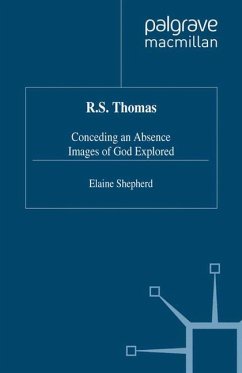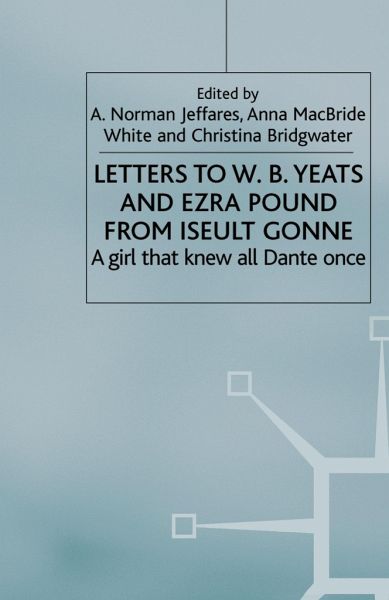
Letters to W.B.Yeats and Ezra Pound from Iseult Gonne
A Girl That Knew All Dante Once
Herausgegeben: Jeffares, A.; Bridgwater, C.; White, A. MacBride; Loparo, Kenneth A.
Versandkostenfrei!
Versandfertig in 6-10 Tagen
106,99 €
inkl. MwSt.

PAYBACK Punkte
53 °P sammeln!
Iseult Gonne, daughter of Maud Gonne and the French politician and journalist Lucien Millevoye, attracted many admirers - among them distinguished authors such as W. B. Yeats, Ezra Pound, Arthur Symms, Lennox Robinson, Francis Stuart and Liam O'Flaherty. Yeats proposed marriage to her, Ezra Pound had a secret, passionate love affair with her and she married Francis Stuart. This book contains her hitherto unpublished letters to Yeats and Pound, edited and annotated by Anna MacBride White (Maud Gonne's granddaughter), Christina Bridgwater (Iseult's granddaughter) and A. Norman Jeffares, the dist...
Iseult Gonne, daughter of Maud Gonne and the French politician and journalist Lucien Millevoye, attracted many admirers - among them distinguished authors such as W. B. Yeats, Ezra Pound, Arthur Symms, Lennox Robinson, Francis Stuart and Liam O'Flaherty. Yeats proposed marriage to her, Ezra Pound had a secret, passionate love affair with her and she married Francis Stuart. This book contains her hitherto unpublished letters to Yeats and Pound, edited and annotated by Anna MacBride White (Maud Gonne's granddaughter), Christina Bridgwater (Iseult's granddaughter) and A. Norman Jeffares, the distinguished Yeats scholar.



